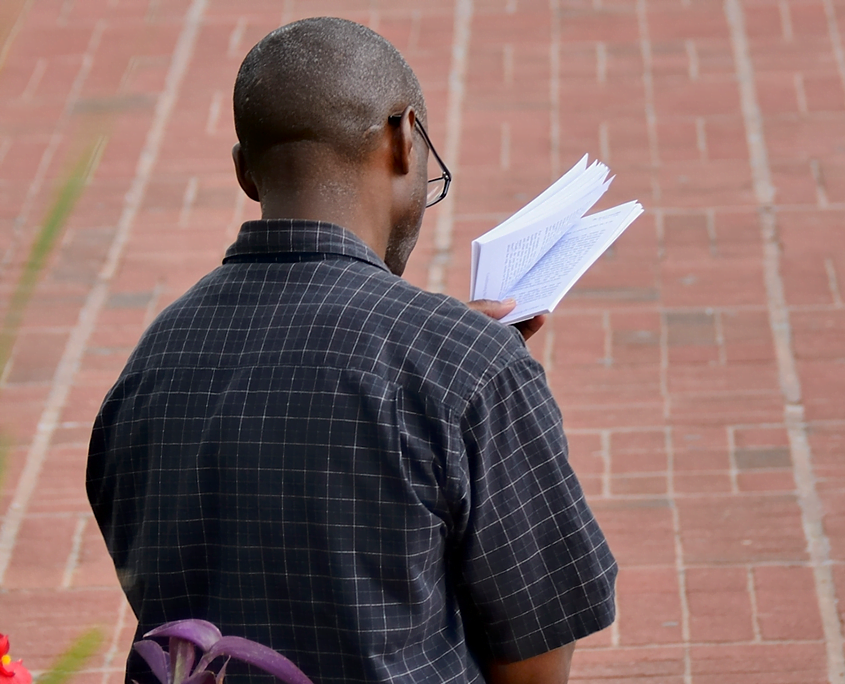Photo Credit: iStock/Getty Images
If books could talk
If books could communicate, it would be a pleasant and captivating experience sans the cacophony of different and unique thoughts. Nevertheless, many books would likely disagree; if books could move, there could be disputes. This article highlights seven points that books would voice if they could speak.
“Attention! Is anyone there? I am open, my spine is weakening, and I cannot breathe! Requesting assistance!” But your book is asking to be closed. To ensure that your book stays in good condition, consider using a suitable bookmark to keep track of your progress.
About bookmarks, “I acknowledge that dogs are adorable. However, do I truly deserve the dog-ear treatment?” This point highlights the importance of using a bookmark to avoid dog-earring, which mars the appearance of your book. Over time, dog-earring can also lead to page wear and tear.
“Oh no! Is that a sunburn?” Direct exposure to sunlight can damage books, just as it can humans. UV rays from the sun can cause the pages to turn yellow and even fade or discolour the covers. Therefore, keeping books on a bookshelf, away from windows, is best. Alternatively, window film or curtains can be installed to minimize exposure to sunlight.
“Cough, cough, I am feeling unwell.” Books require periodic dusting to remove accumulated dirt and dust. A soft cloth, soft dusting brush, or handheld vacuum can help maintain their cleanliness.
“I fear I will never be able to remove the chocolate and chip smudges from my pages.” Eating greasy foods while reading can lead to unsightly stains, grease, or crumbs. It is recommended to close the book for a moment and set it aside to avoid such issues. Remember to wash your hands before resuming your reading session.
“I am not waterproof.” Moisture and humidity can cause damage to books, leading to the growth of mould or mildew. Pages can become brittle, and spines can crack. To prevent such damage, store books in a well-ventilated area.
“We are already so cramped, and please do not add another book to this shelf.” Adequate storage space is crucial to avoid cramping books. It is best to store books of the same size and length upright. To prevent slumping, bookends can be used for support. For larger books, which are more susceptible to spine damage, it is recommended to lay them flat on a surface.



